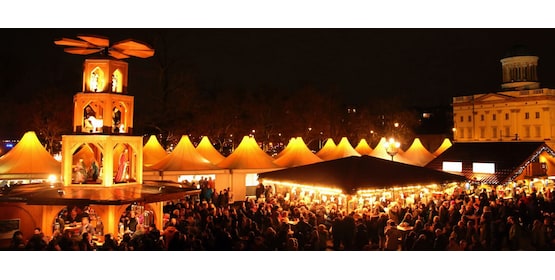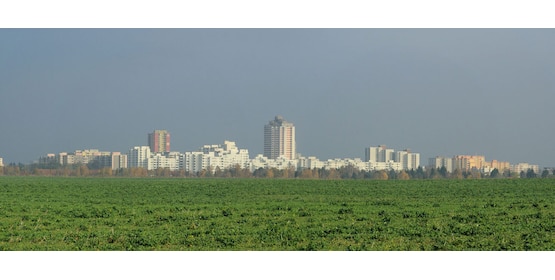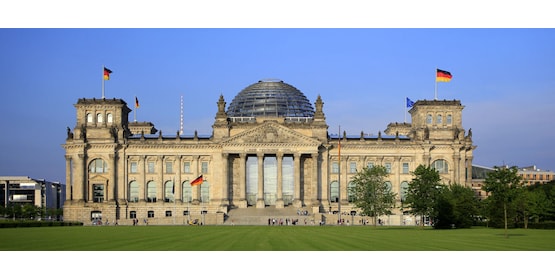
What is the Carnival of Cultures?
The Carnival of Cultures is one of the most highly anticipated events in the Berlin carnival and festival calendar. Taking place over a four day period, this event is a tribute to the spectrum of cultural diversity found in the city. It takes place at the start of summer around the Pentecost weekend, one of the most important dates in the Catholic calendar.
The carnival was established in 1996 as a way of fighting the growing racism and nationalism exhibited throughout the country in the early 1990s. It was inspired by events such as the Notting Hill Carnival in London and the Zomercarnaval in Rotterdam, which promote peace and unity through vibrant, colourful shows and performances. The Carnival of Cultures picked up steam over the years and expanded in capacity and duration (from a two-day event to a four-day extravaganza), with spectators and performers travelling from as far afield as South America and Africa.
Twenty years on, Germany has not been able to fully abolish the problems of xenophobia and intolerance. However, the Carnival of Cultures has blossomed into a massive celebration embracing cultural differences, diversity and acceptance. Nowadays, the event expects to attract over 1.6 million people. Entry to the festival is free, but it is advisable to book accommodation and make travel arrangements in advance, as the huge influx of visitors during this time can get pretty hectic! Public transport is on hand to help make moving around the city as convenient as possible, but make sure always to travel with valid tickets so as not to encounter issues with fare controllers. Check for day-long or week-long travel passes to save money if you plan to explore this hive of activity over a longer period of time.













































